Asset tokenization (Tokenization) is the process of converting rights to real assets (such as real estate, financial instruments, etc.) into the form of tokens on the blockchain.
The introduction of tokenization technology into the existing financial market opens up new opportunities for providing liquidity and investment, including for business. For example:
- Expansion and revitalization of the market. Tokenization allows investors to invest in instruments that were previously unavailable due to high barriers to entry in the traditional financial world. The opportunity to reduce barriers to entry and attract more investment is provided by fragmenting the asset down to the lowest possible amounts. This is useful for fields that have traditionally been considered illiquid, such as fine arts. The underlying asset, sold in parts, begins to generate income much faster and more efficiently. Blockchain also allows you to expand geographical boundaries, making assets available anywhere in the world.
- Liquidity of instruments. Increased access to capital allows businesses to improve the assets liquidity.
- Speed and cost. Smart contracts allow you to conclude transactions with assets without intermediaries, which reduces transaction costs and significantly speeds up the process. In addition, the transfer of rights, verification of documents, payment of income, etc. are automated.
- Transparency and reliability. Thanks to the public nature of the blockchain, the entire transaction history is available to every user who has access to the chain. The data stored on the blockchain cannot be changed, deleted or corrected. Users can be confident that asset information and transaction records are accurate because they are verified and cannot be changed once recorded on the blockchain.
- Confidentiality. The tokenization process reduces the risk of unauthorized access to data and leaks. The data is anonymized and converted into the unique character strings.
Any tangible or intangible asset that has real value can be tokenized. Thus, real estate, works of art, securities, commodities, etc. are most often tokenized. Depending on the jurisdiction and the rights vested in the investor, the asset is issued in the form of utility, security and payment tokens. In Russia, two options are available: digital financial assets (DFA) and utility digital rights (UDR), similar to security and utility tokens, respectively, as well as hybrid digital rights that combine the functionality of DFA and UDR.
In order to come to the issuance of tokens, a business needs to take the following steps:
- Select the asset that will be tokenized, the type of token, and determine its legal nature.
- Determine jurisdiction for the issuance.
- Conduct an analysis of the future issuance for compliance with local requirements.
- Create tokenomics.
- Select a blockchain platform for tokenization.
- Develop smart contracts.
- Implement solutions for managing tokenized assets.
- Connect to payment gateways, KYC/AML verification services, merchant platforms and other relevant systems.
Legal support for asset tokenization
- Before issuance, the project is analyzed: tools, technical aspects of the future token are studied, and its legal nature is determined. When identifying the possibility of qualifying as a security instrument, e-money or other regulated instruments, consultation is carried out with the issuer in order to minimize risks. At this stage, the most loyal jurisdiction for issuance is also determined, taking into account the characteristics of the token.
- If the project does not yet have a legal entity, we provide support for the company registration and determination of the corporate structure.
- Internal policies are being developed to meet AML/CFT requirements and reduce other risks.
- Negotiations are supported and relations are formalized with the organizer of the issuance (if applicable), the procedure for taxation, reporting and other aspects are determined.
- Documents are being prepared on the basis of which the sale of tokens and further regulation of relations with investors is carried out.
As a rule, if you are just an issuer, a separate license/permit for tokenization is not required, but if you plan to organize issues for other emitters, you need to go through the mandatory procedures. For example, in the Republic of Belarus, when accrediting with the HTP, you need to specify the type of activity "ICO organizer"; in Russia, you need to obtain the status of operator of the information system in which the DFA are issued.
For legal support of the tokenization procedure, you can contact GMT Legal. We will ensure that the process complies with legal regulations and develop a structure that maximizes the protection of both investor and business interests.

